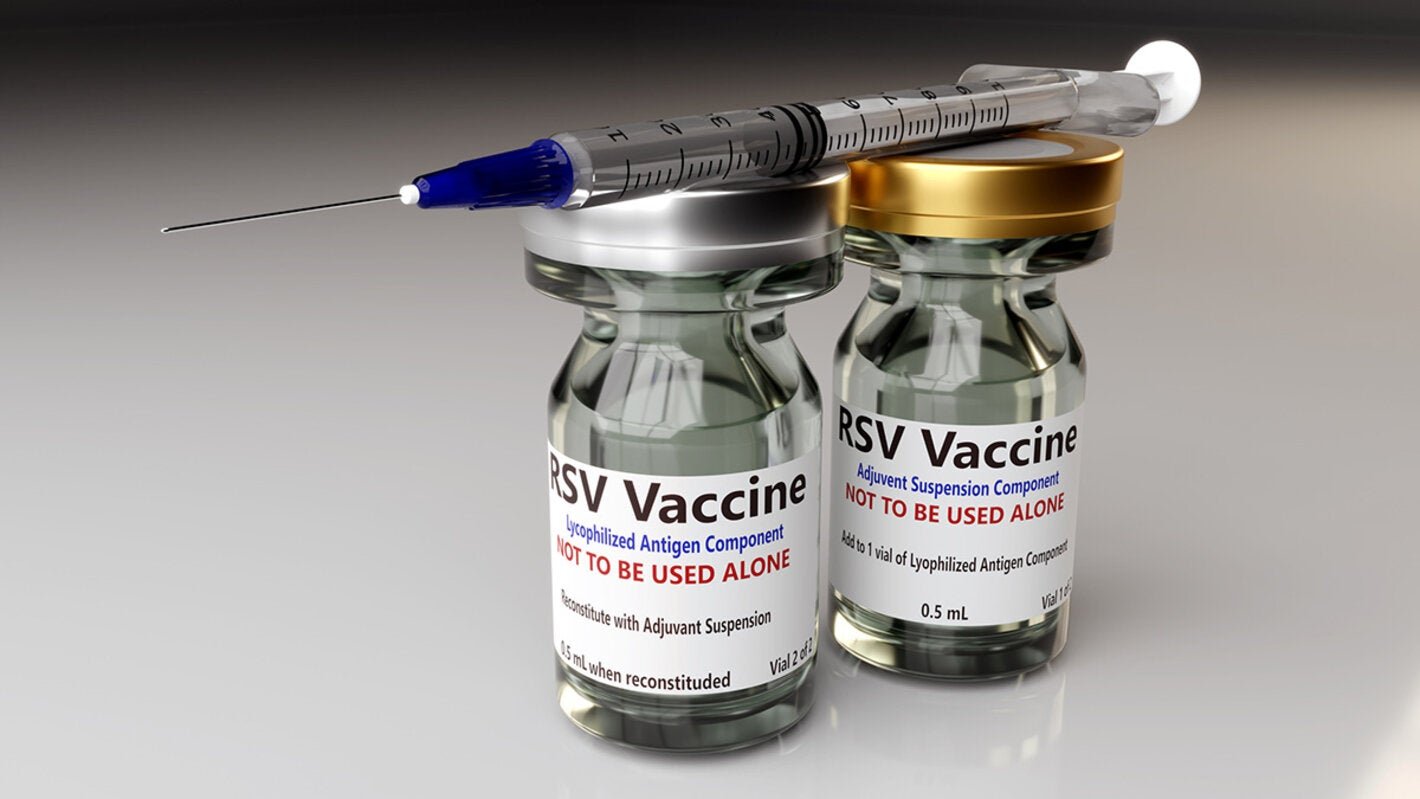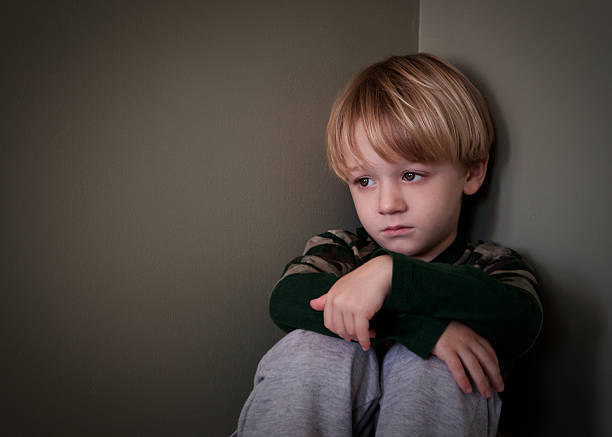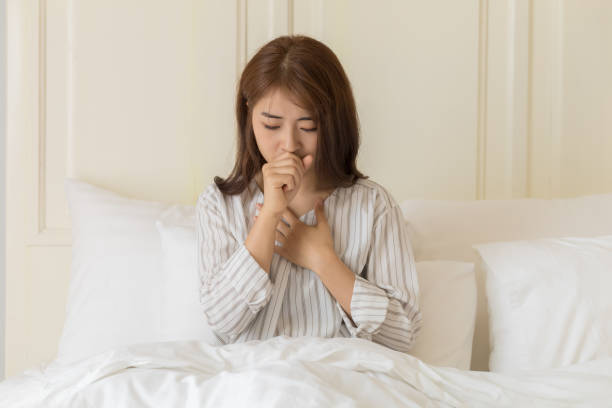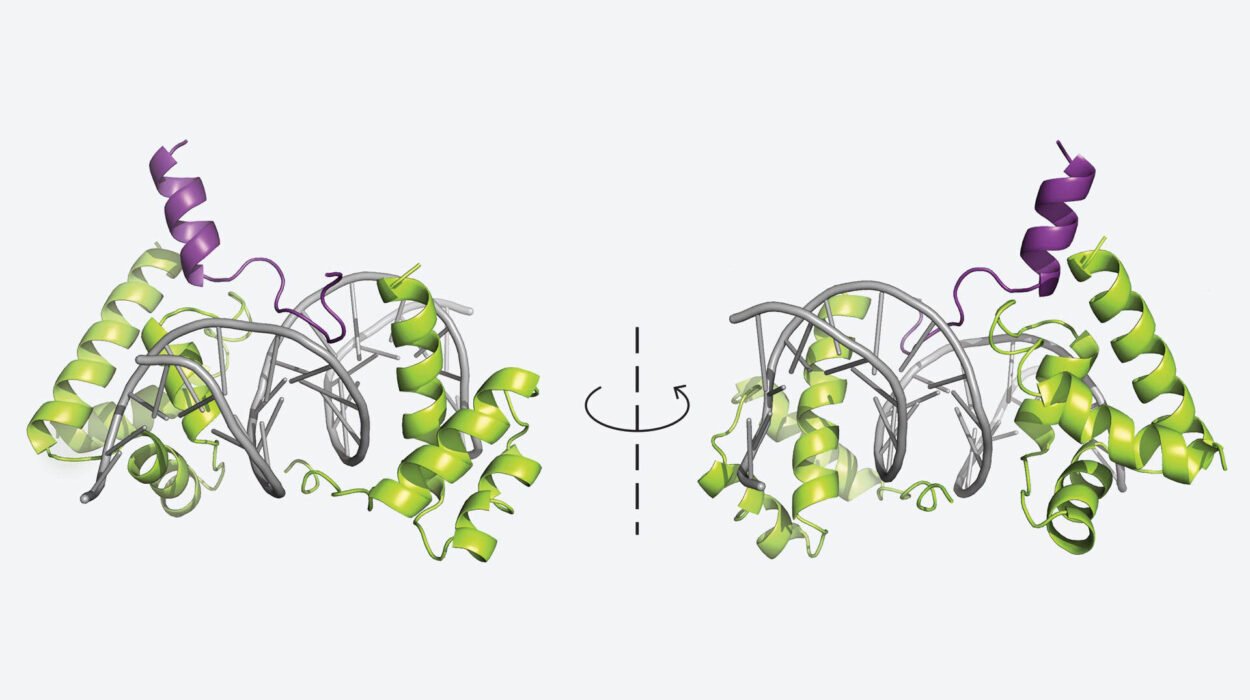For older adults, respiratory syncytial virus (RSV) has long been an invisible but deadly threat. Every fall and winter, this common respiratory infection sweeps across the United States, sending an estimated 100,000–150,000 adults aged 60 and older to the hospital and claiming between 4,000–8,000 lives each year. While often overshadowed by influenza and COVID-19, RSV is a formidable seasonal illness that can lead to severe complications, especially in aging immune systems.
Now, new research offers hope. A study published in JAMA by the IVY Network research group has revealed that just one dose of the RSV vaccine can protect adults 60 and older for two consecutive RSV seasons. This finding could transform the way older Americans prepare for and defend against this dangerous virus.
The Study That Changed the Conversation
The research, led by the IVY Network (Investigating Respiratory Viruses in the Acutely Ill Network), drew data from 26 hospitals across 20 states. Between October 2023 and April 2025, investigators analyzed nearly 7,000 adults aged 60 and older who were hospitalized with respiratory illness.
By using a test-negative, case-control design—a trusted method in vaccine effectiveness studies—researchers were able to pinpoint how well the RSV vaccine worked under real-world conditions.
The results were striking. Vaccination reduced the overall risk of RSV hospitalization by 58% across two RSV seasons. Protection was strongest in the first year after vaccination, at 69%, and although it waned by the second year, it still held at 48% effectiveness.
What This Means for Older Adults
For people over 60, especially those with underlying health conditions, the results are more than just numbers—they are a lifeline. The study confirms that RSV vaccines can prevent not only mild illness but also the most severe outcomes: hospitalization and critical illness.
Dr. Wesley Self, the principal investigator of the study and Senior Vice President for Clinical Research at Vanderbilt University Medical Center, emphasized the significance:
“These results clearly demonstrate that the RSV vaccines prevent hospitalizations and critical illness due to RSV infection among older Americans. It is exciting to see the public health benefits of this new vaccination program.”
This marks a turning point in how RSV is managed. Instead of being an annual source of fear, older adults now have a reliable tool to significantly reduce their risk.
The Question of Lasting Protection
While the results are promising, they also reveal an important nuance: vaccine protection wanes over time. By the second RSV season after vaccination, effectiveness drops from nearly 70% to just under 50%.
Dr. Self noted that this raises critical questions about future vaccination strategies. “Redosing the vaccine at some interval after the initial dose could be a strategy to maintain protection over longer periods of time. It will be important to continue to closely monitor vaccine effectiveness over time to understand how long the benefit lasts after a single dose and if repeat dosing should be considered.”
This means that while a single shot already provides substantial protection, booster strategies may eventually be needed to ensure sustained defense in older adults.
Current Recommendations
At present, health guidelines recommend the RSV vaccine for all adults aged 75 and older and for adults aged 60–74 who are at higher risk of severe illness due to chronic health conditions or weakened immunity.
The new study reinforces these recommendations, providing strong evidence that vaccination is not only effective but also offers protection that spans more than one RSV season. For healthcare providers, this information is crucial when discussing prevention strategies with older patients.
Why This Matters for Public Health
RSV has historically flown under the radar compared to influenza and COVID-19, but its impact on older populations is profound. Hospitalizations are not only dangerous but also costly, straining both families and the healthcare system. Preventing even half of these hospitalizations translates into thousands of lives saved and a significant reduction in the seasonal burden on hospitals.
Moreover, vaccines have a ripple effect beyond the individual. When fewer people are hospitalized, healthcare resources remain more available for other emergencies. Families are spared the trauma of watching loved ones suffer. Communities remain healthier during the winter months.
Looking Ahead
This research marks the beginning of a new chapter in RSV prevention. Scientists and public health officials will continue to study how long protection lasts, when booster shots may be necessary, and how vaccines can be best deployed to protect the most vulnerable.
But the key takeaway is clear: a single RSV shot is a powerful shield for older adults. For the first time, there is a proven way to dramatically reduce the toll of RSV across two back-to-back seasons.
The Human Side of Protection
Beyond the data, the findings represent peace of mind for millions of families. Imagine a grandmother who can now spend the holiday season with her grandchildren without fear of a life-threatening infection. Picture an older neighbor who avoids the trauma of hospitalization thanks to one shot. Each statistic in the study represents a real person whose life and health may be safeguarded.
Science, at its best, doesn’t just generate numbers—it changes lives. And in the case of RSV, one dose may mean two seasons of freedom from fear.
More information: One shot of an RSV vaccine protects adults ages 60 or older from RSV-associated hospitalization and critical illness during two consecutive RSV seasons, according to a study published in JAMA today by the IVY Network research group., JAMA (2025). DOI: 10.1001/jama.2025.15896
